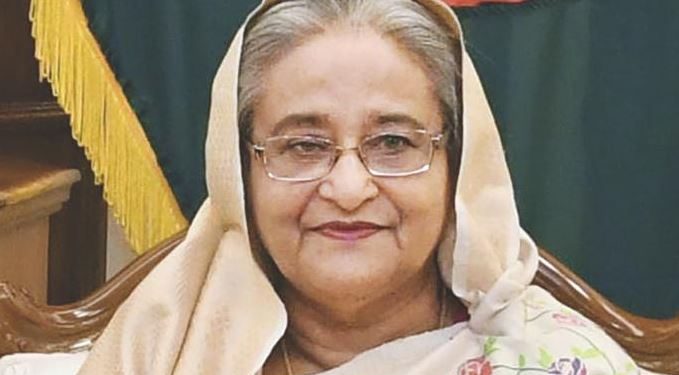A Bangladeshi court ordering an arrest warrant against Sheikh Hasina on 17 October has only aggravated New Delhi’s predicament vis-à-vis the former Bangladeshi Prime Minister’s stay in India. For Hasina, it is ironic that now she will be tried in the same International Criminal Tribunal (ICT), which she had established in 2010 to probe the atrocities committed during the war for its independence in 1971. However, the United Nations and various rights organisations have condemned the ICT’s procedural flaws, leading to a widespread perception that it served as a tool for Hasina to target political adversaries. The court is currently investigating several cases that allege that Hasina orchestrated the “mass murder” of protesters. Hasina is wanted by the ICT for her alleged involvement in the violence in the country in the summer of 2024 when more than 1,000 people were killed after student-led protests against government job quotas turned into a mass unrest, marking the bloodiest period in the country’s history.
The ICT’s chief prosecutor Mohammad Tajul Islam on 17 October said: “The court has… ordered the arrest of former prime minister Sheikh Hasina, and to produce her in court on November 18…Sheikh Hasina was at the helm of those who committed massacres, killings and crimes against humanity in July to August.” Arrest warrants have been also issued for an additional 45 persons, including some former ministers who have fled the country. The former PM has not made a public appearance since her escape from Bangladesh and her last known location was at the Hindon airbase close to New Delhi on 5 August.
Initially, she was expected to remain in India for a brief period, but reports indicate that her efforts to seek asylum elsewhere have not been successful thus far. Her continued presence in India poses a challenge for New Delhi as it navigates relations with the new interim government in Dhaka led by Nobel laureate Muhammad Yunus. Many in Bangladesh are frustrated by India’s decision to provide her refuge. The two nations have a bilateral extradition treaty that would allow for Hasina’s return to Bangladesh to face criminal charges.
However, the treaty includes a clause that states that extradition may be denied if the offense is deemed to be of a “political character.” Hours after the ICT order, the Ministry of External Affairs confirmed that Hasina is still in India, though it made no reference to the arrest warrant. MEA spokesperson Randhir Jaiswal said: “On the stay of the former prime minister, I had earlier mentioned that she had come here at short notice for safety reasons and she continues to be [here].” Meanwhile, a top law adviser in Bangladesh’s interim government, Asif Nazrul, 19 October stated that the country would firmly object if India attempted to deny the extradition of Hasina by referencing any clause in the treaty. New Delhi, which has been losing one neighbour after another to China, has its task cut out to ensure smooth ties with its closest eastern neighbour.
The clear lack of foresight on the part of India’s foreign policy strategists is responsible for the impasse with Bangladesh. Having ruled Bangladesh for more than two decades, Hasina was gradually losing her popularity due to her autocratic tendencies and New Delhi’s constant cozying up to her led to strong anti-India sentiments in Bangladesh. Earlier, it was only the people, now even the government in Bangladesh appears to be hostile towards India. New Delhi can ill afford to lose more neighbours.







































